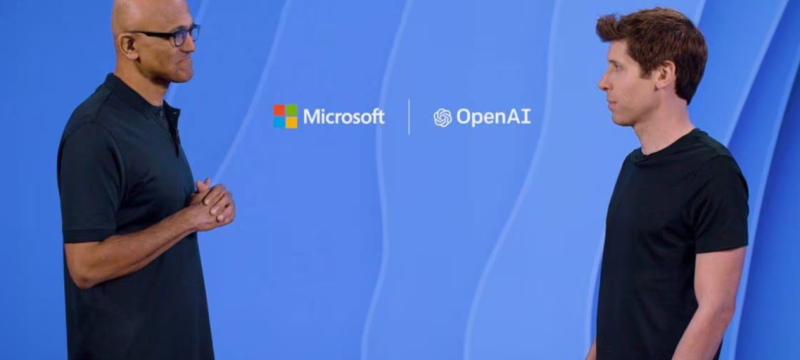As the tech world gears up for Microsoft’s annual Build conference in Seattle on May 19, the company has laid out a bold vision for the future of artificial intelligence—one where AI agents from different developers can work together, share context, and remember past interactions to enhance user experiences.
Speaking at Microsoft’s Redmond campus, Chief Technology Officer Kevin Scott emphasized the need for interoperability among AI systems. Central to this vision is the Model Context Protocol (MCP), an open-source framework introduced by Anthropic and backed by Google. MCP is designed to create an “agentic web” — a network of AI agents capable of collaborating much like how web browsers and servers communicate through internet protocols.
Also Read: Microsoft Announces 3% Workforce Reduction Amid Company-Wide Restructuring
“This means your imagination drives what the agentic web becomes, not just a handful of companies,” said Scott, underscoring Microsoft’s commitment to decentralizing AI development and empowering a broader ecosystem of innovation.
Alongside cross-agent collaboration, Microsoft is also working to solve one of AI’s enduring challenges: memory. Most AI systems today treat each interaction in isolation, limiting their usefulness in long-term or complex tasks. To improve this, Microsoft is exploring structured retrieval augmentation — a method of summarizing and retaining key elements of past conversations to create a kind of AI memory map.
Scott compared this to how human brains learn, storing essential information rather than relearning everything from scratch. The goal is to enable more personalized, efficient, and intelligent AI systems that can adapt over time to user needs, potentially transforming workflows across industries.









